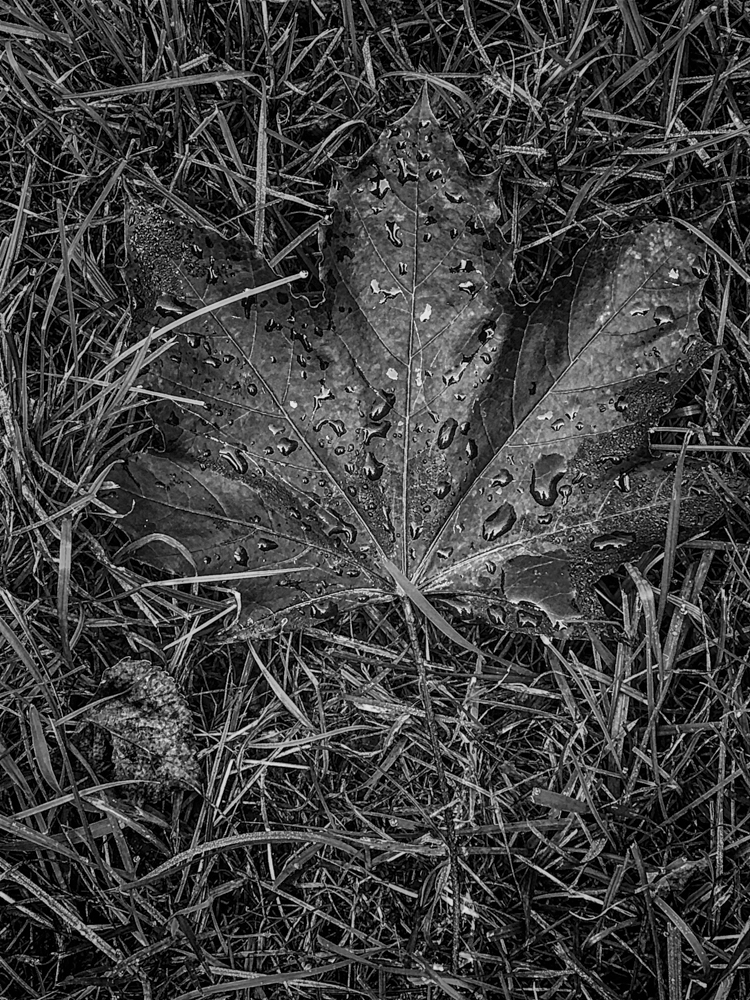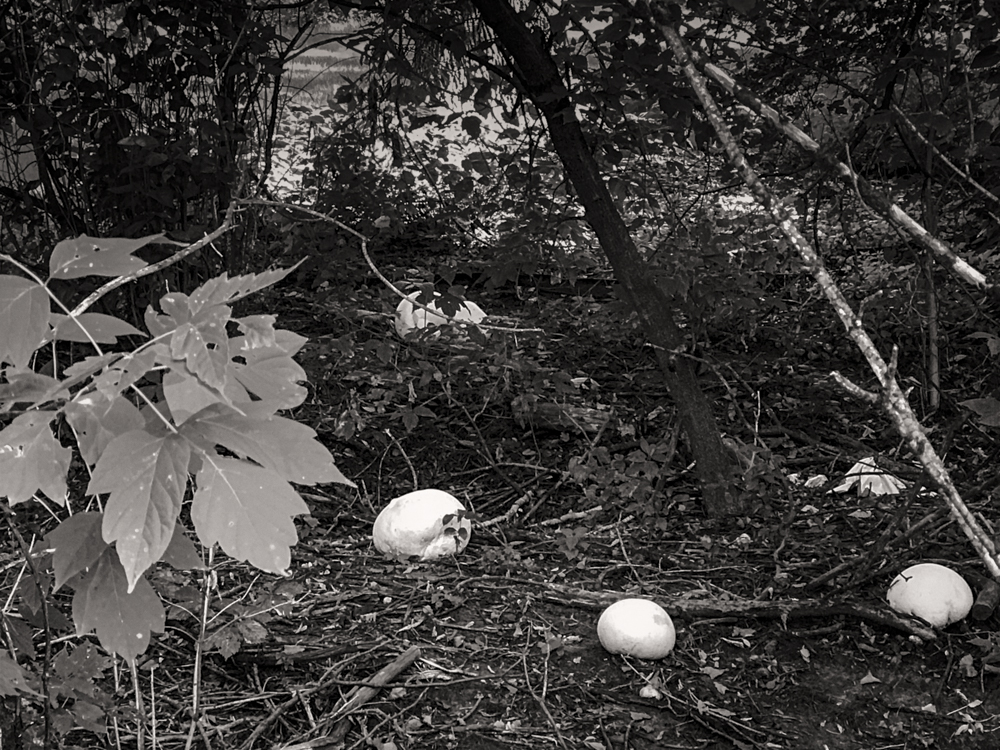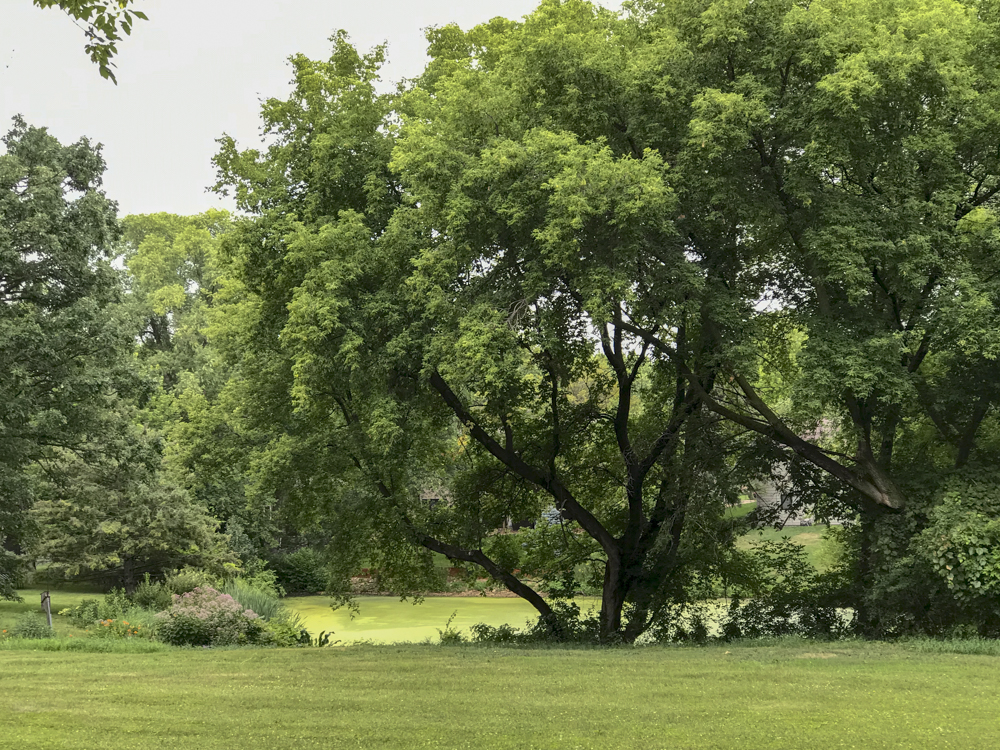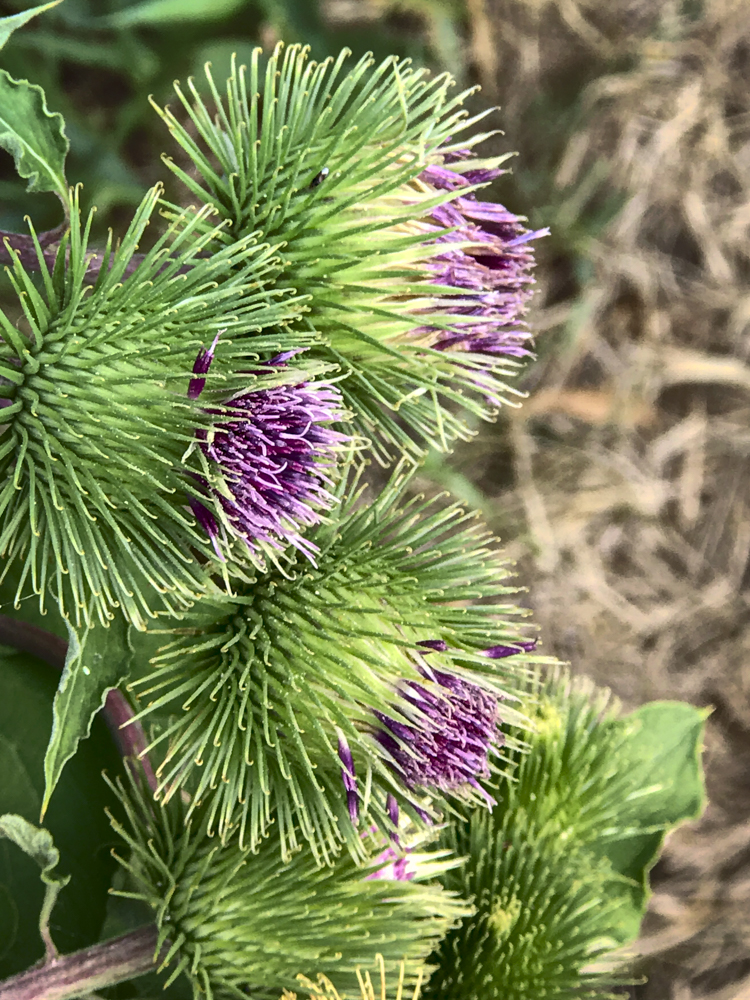How are you feeling my friends on this lovely Sunday in September?
It’s been another quiet week of recovery for Jon and for me. Now that we both have had time to digest our recent experiences we are slowly returning to what I call our new normal. But I am also realizing anew the huge
Impact of Stress
on my body.
Though I have been working on becoming more present for years, and on letting go of stress and worries, I was astonished at how the recent stresses of Jon’s illness and hospitalizations impacted me. By the time Jon finally came home from his second hospitalization my pain levels were through the roof. It seemed like everything that had ever hurt in the past in my body amped up and became more painful than ever. And my gut also decided to act up at the same time. It felt like a perfect storm. On top of the exhaustion of many lost hours of sleep, pain was keeping me awake at night again.
“As her analyst had told her: the deeper buried the distress, the further into the body it went. The digestive system was about as far as it could go to hide.”
― What Dreams May Come
It wasn’t until I started relaxing and de-stressing that I noticed that suddenly my pain levels were dropping and my gut returning to better functioning. I realized that for me, stress has an even larger impact on how I feel physically than I realized.
A Spectrum of Responses
I’m guessing that humans react to stress in many different ways and my response is on one end of the spectrum. Others may respond quite differently.
“In times of stress, the best thing we can do for each other is to listen with our ears and our hearts and to be assured that our questions are just as important as our answers.”
― The World According to Mister Rogers: Important Things to Remember
 Whether you respond with pain to stress or in other ways, stress impacts you. We are beginning to learn more about how to mitigate stress and train the body to stay in a more para-sympathetic state (rest and digest) versus the sympathetic state. But actually changing lifelong patterns of responses in the brain takes long consistent practice.
Whether you respond with pain to stress or in other ways, stress impacts you. We are beginning to learn more about how to mitigate stress and train the body to stay in a more para-sympathetic state (rest and digest) versus the sympathetic state. But actually changing lifelong patterns of responses in the brain takes long consistent practice.
“For kids like me, the part of the brain that deals with stress and conflict is always activated…We are constantly ready to fight or flee, because there is a constant exposure to the bear, whether that bear is an alcoholic dad or an unhinged mom (p228)….I see conflict and I run away or prepare for battle. (p246)”
― Hillbilly Elegy: A Memoir of a Family and Culture in Crisis
Re-training the Brain
It’s easy to suggest that one relax. But it’s a whole other thing to actually relax when one has lived their early life on high alert. Re-training the brain is not an easy thing. I have found some help in meditation and yoga, but discovered that working with the vagus nerve has been the most helpful practice for me. My guess is that one cannot relax fully during meditation or yoga if the brain and body are still in high alert patterns. Addressing a malfunctioning vagus nerve has helped me to actually relax more and feel better. I’ve shared practices and polyvagal theory information before in Taming High Anxiety and Monday Musings.
My wish for you this week, is that you choose beauty, joy, and gratitude and if you encounter difficult times that you find ways to de-stress and nourish your body.
May you walk in beauty.
Note: Photos in today’s post are from recent walks. I made most of the photos with my iPhone camera.










0 Comments